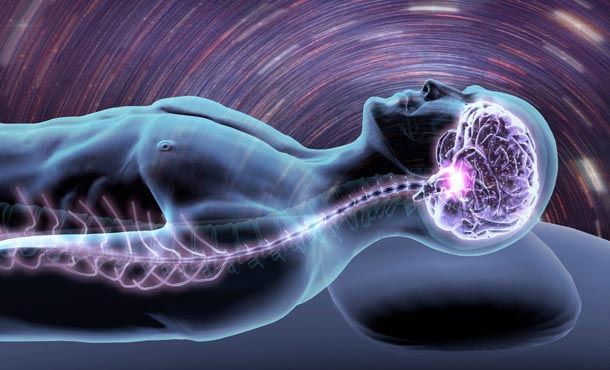Sugar & Brain
- Tasnia Ahmed

- Jan 26, 2023
- 3 min read
Brain functions such as thinking, memory and learning are intricately linked to glucose levels and how efficiently the brain uses this fuel source. A normal weight adult requires 200 g of glucose per day., two-third of which (about 130 g) is specially needed by the brain to cover its glucose needs. Natural sugars like honey, maple syrup and fruit are much more useful for the body than fructose -the sugar found in many artificial, processed foods is not especially useful for the body.

Glucose, a form of sugar, is the primary source of energy for every cell in the body. Because the brain is so rich in nerve cells, or neurons, it is the most energy-demanding organ, using one-half of all the sugar energy in the body. Vera Novak, MD, PhD said “The brain is dependent on sugar as its main fuel.”

Hyperglycemia and the Brain
The brain relies on sugar for its energy source we might think “The more sugar we give it, the better off our brain will be.” But that could not be further from the truth. High blood sugar is also called hyperglycemia. It is an excess of glucose in the bloodstream, often associated with diabetes mellites. Having frequent episodes of hyperglycemia can stress the brain. And because the effect of high blood pressure is not obvious, it has happened over time that many people are unknown about their brain is being affected. Over time it damages blood vessels in the brain that carry oxygen-rich blood. When our brain receives too little blood, brain cells can die. This is called brain atrophy and can cause problems with memory and thinking and eventually can lead to vascular dementia.

The effects of glucose and other forms of sugar on the brain may be the most profound in diabetes, a group of diseases in which high blood glucose levels persist over a prolonged period. Type 1 diabetes is a disease in which the immune system destroys the cells in the pancreas that produce insulin, a hormone used by the body to keep blood glucose levels in check. Type 2 diabetes, caused by dietary and other environmental factors, is a condition in which cells become overwhelmed by insulin and fail to properly respond; they become resistant to insulin. High blood glucose levels can affect the brain’s functional connectivity, which links brain regions that share functional properties, and brain matter. It can cause the brain to atrophy or shrink. And it can lead to small-vessel disease, which restricts blood flow in the brain, causing cognitive difficulties and, if severe enough, spurring the development of vascular dementia.
Hypoglycemia and the Brain
Low blood sugar is also called hypoglycemia. It is a condition in which our blood sugar (glucose) level is lower than the standard range. It happens when our blood sugar levels drop below 70 mg (about twice the weight of a grain of rice)/dL and can be extremely dangerous if left untreated. When our brain does not get enough sugar, it shuts down the oxygen to the brain. And unlike high blood sugar, which takes time to affect the brain, when we have low blood sugar the signs are often immediate. Symptoms of low blood sugar may include trembling or shaking, Light headedness or dizziness, Hunger, Numb lips or fingers, Sweating, Weakness, Crying, Lack of concentration or behaving strangely Severe low blood sugar can cause you to pass out or have seizures. It can even put you in a coma.

Some people with low blood sugar may not have any symptoms, which can make it hard to treat early. Therefore, it is important to check our blood sugar often, so we can treat our low blood sugar before it causes serious problems. And although it is not clearly understood if low
blood sugar causes long-term effects to the brain, some research does show that big dips in blood sugar may be linked to problems with depression, memory, and attention span. If someone has any of these problems and has frequent low blood sugar episodes, talk to a doctor, who can help. He can figure out what’s reason of having low blood sugar episodes, adjust the medicine, if needed, refer to a mental health counselor to help with feelings of depression.
There are things we can do to improve or prevent problems with brain health and diabetes, such as:
· Exercising
· Follow a healthy eating plan that fits our needs.
· Maintain a healthy weight.
· Monitor your blood sugar.
· Keep your blood sugar within target levels.
· Take medicine as prescribed.
· Choose not to drink or drink in moderation.
· Stop smoking
· Manage stress.
· Talk to the doctor for more concern





Comments